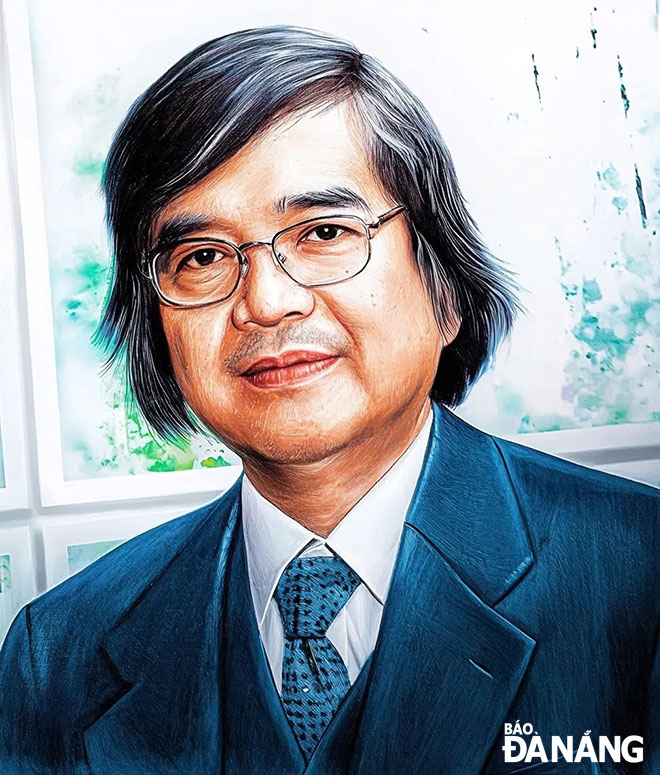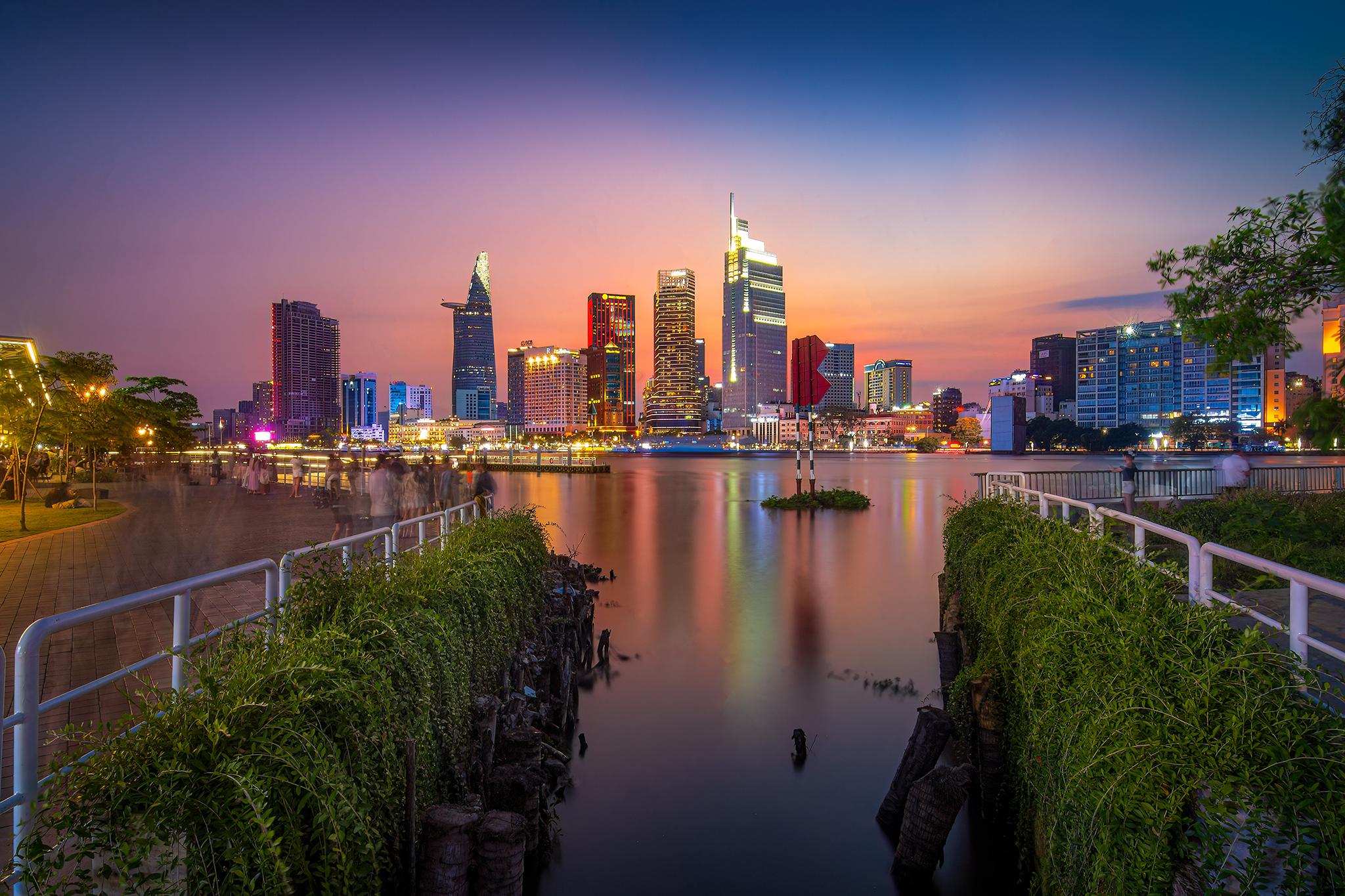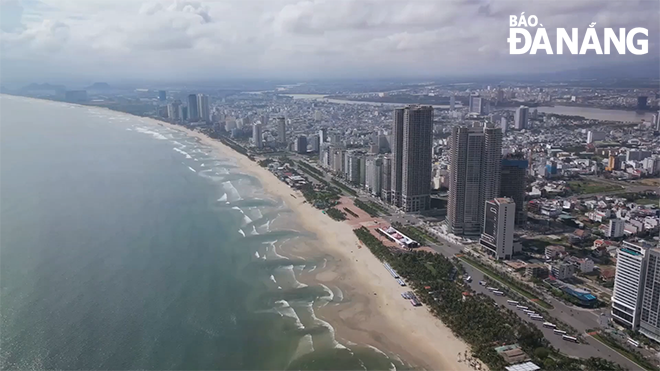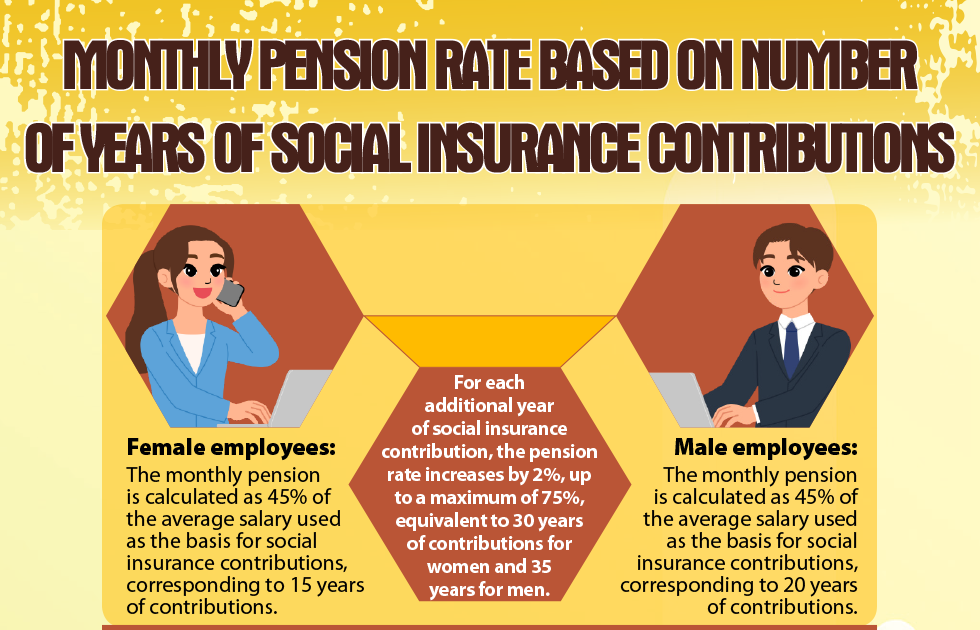Professor Tran Van Tho and his profound devotion to homeland
Many people agree that Professor Tran Van Tho is highly knowledgeable and remarkably approachable. He exudes warmth and sincerity. While serious about his work and personal discipline, he is also an amateur pianist with a passionate soul. A nostalgic depth is ever-present in his persona, making his homeland proud to have him.
 |
| Professor Tran Van Tho. Photo: T.D. |
Throughout history, Quang Nam has been home to many outstanding figures in politics, diplomacy, and science, contributing to a long-standing tradition of valuing education. In contemporary times, within academia and literature, Professor Hoang Tuy, writer Nguyen Ngoc, and Professor Tran Van Tho stand out. Professor Tran Van Tho is an erudite economist, engaged in research and teaching at one of the world's most prestigious universities. His work inspires many in the field of economics.
Self-reflection and inner struggles
Professor Tran Van Tho specialises in economic policy research and is a leading expert in economics development. For decades, he has explored key economic development principles and regional growth experiences. He has asked pressing questions: How did Japan recover swiftly from post-war devastation to achieve an economic miracle? Why have the NIEs (Newly Industrialised Economies) such as South Korea, Singapore, and Hong Kong (China) emerged as economic powerhouses? How did China transition from an underdeveloped nation to the world’s second-largest economy within a few decades?
Observing these countries hosting the Olympic Games and earning global admiration, he feels a sense of urgency. Their well-ordered societies, confident youth, and scientific achievements, including Nobel Prize-winning authors, evoke a deep sense of responsibility in him. Despite decades abroad, he constantly reflects on Viet Nam.
Why does Viet Nam, with its large population, entrepreneurial spirit, abundant resources, and rich culture, still face economic challenges? Why do tens of thousands of Vietnamese women leave for marriage abroad due to financial reasons? Why do thousands of South Koreans in Viet Nam hold managerial positions while Vietnamese workers in South Korea remain labourers? These concerns drive his research, culminating in The Shock of Time and Viet Nam’s Economy (Tri Thuc Publishing House, 2016).
 |
| Professor Tran Van Tho with the Editorial Board of Da Nang Newspaper, 2023. |
What unites regional economies? Apart from Japan, most began as poor nations with limited capital and technology. The "Flying Geese” model, proposed in the 1930s, describes how a developed country leads while others follow. External support plays a role, but the primary determinant is the effort of the developing nation.
For over thirty years, Professor Tran Van Tho has persistently proposed strategies for Viet Nam’s economic growth. As an academic and member of the Economic Advisory Council to the Vietnamese Prime Minister, he has emphasised the role of policy in shaping development. His work spans from defining long-term goals to evaluating foreign investment proportions, from macroeconomic policies to sector-specific strategies. He underscores the importance of social capital, entrepreneurial capacity, and public sector integrity.
Commitment to Education Reform
His dedication to Viet Nam is evident in his advocacy for education reform. He calls for an overhaul, particularly in doctoral training. Over 27 years ago, he was among the first to highlight the flaws in Viet Nam’s doctoral education system. The issue lies not in the number of PhDs but in the academic value of their qualifications. Without improvements in supervision, research quality, and language proficiency, the nation’s academic credibility is at risk.
He has also urged for stringent examinations to enhance public service personnel, advocating for merit-based appointments. He argues that capable and ethical leadership is fundamental to national progress.
 |
| Prime Minister Murayama appoints members of the Economic Advisory Council, 20 September 1994. |
Beyond academia, he has a deep appreciation for literature and history. Despite decades abroad, he proudly retains his Vietnamese citizenship and has published extensively in Vietnamese, Japanese, and English. Learning Japanese is a challenge, and establishing an academic reputation in Japan is even rarer for a foreigner. His book Industrial Development and Multinational Corporations: Examining the Dynamism of the Asia-Pacific Region won the Asia-Pacific Award in 1993, solidifying his status as a leading economist abroad.
Deeply Cherished Memories
Born in 1949 in a poor village in Dien Phuoc, Dien Ban, he excelled academically from a young age. Local elders encouraged children to "follow Tho’s example." He passed the entrance exam to Nguyen Duy Hieu Senor High School with distinction in 1964 and earned his full Baccalaureate in Literature in 1967, a rare achievement that brought pride to his family and community.
Professor Tran Van Tho’s journey, from a young boy walking miles to school with a simple packed lunch to a renowned scholar shaping global economic thought, embodies resilience, intellect, and dedication. His legacy continues to inspire hope for Viet Nam’s brighter future.
Life is about creating memories rather than just living in the past, yet some unexpected moments leave a lasting impact. After completing primary school, Tho passed the entrance exam to Nguyen Duy Hieu Junior High School, which was over 5 km from his home. Every day, he walked two round trips, rain or shine, leaving home at 6 a.m. He carried his schoolbooks along with his packed lunch. Initially, he and a classmate took turns bringing extra food for each other, but after noticing that his friend's meals were consistently more lavish while his own consisted of salted peanuts and preserved fish, Tho humbly suggested they stop the arrangement. For the poor, dignity often stems from such subtle yet profound moments.
His school years in Hoi An were unforgettable. Living away from home, he tutored other students to afford living expenses. Despite his busy schedule, he found time for music and social outings. Weekends were often spent visiting a friend’s home in the countryside, creating cherished memories.
In May 1997, during a visit back to Viet Nam, he met his former literature teacher from grade 11. The emotional reunion was marked by a special gift: the teacher had kept Tho’s old literature notebook, filled with notes from class, for 31 years. Despite decades of war and displacement, the notebook remained intact and had served as a model for other students. The deep bond between teacher and student was a testament to the power of knowledge and mentorship.
Life is full of twists that sometimes seem predestined. When asked why he referred to an afternoon in late 1967, passing by the Ministry of Education in Saigon, as "fateful," Tho explained his reflections. Had he been born at a different time, would his family’s poverty have allowed him to complete his education? Without the chance encounter at an embassy, would he have secured a scholarship? Studying in Japan marked a life-altering turning point. Excelling in preparatory courses, he later enrolled at a prestigious national university, pursued doctoral research, and eventually dedicated his life to teaching.
In recent years, Professor Tran Van Tho’s books have received multiple "Best Book" awards in Viet Nam. He pioneered a publishing initiative honouring distinguished intellectuals, not only as a token of gratitude but also as a recognition of their contributions. Attending his lectures, witnessing packed auditoriums, and seeing young minds eager to listen, the author of this article felt deeply moved. Professor Tho continues to inspire hope for a brighter future.
Reporting by MAI DUC LOC - Translating by TRUC VY








